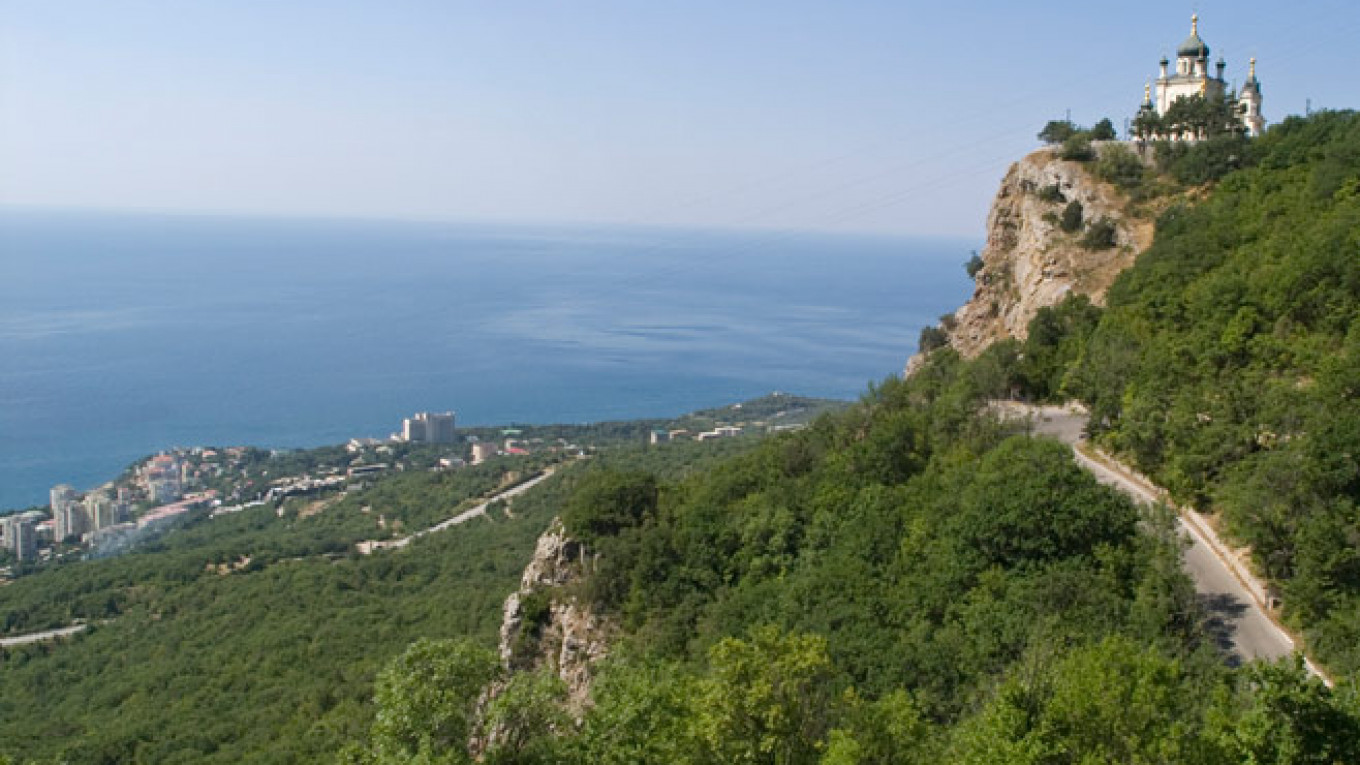HELSINKI — Some 100 lawmakers, mainly from Europe, have condemned Russia's actions in Crimea and Ukraine at a meeting honoring a 1975 accord seen as a milestone in reducing tensions between the East and West during the Cold War.
Representing more than 50 countries, including the United States and Canada, 96 lawmakers on Thursday condemned Russia's "unilateral and unjustified assault on Ukraine's sovereignty and territorial integrity." Seven delegates opposed the resolution at the end of a five-day conference and 32 abstained.
Russia was absent from the 40th-anniversary gathering in the Finnish capital as its delegates were denied visas in line with the European Union's travel bans following the events in Ukraine.
Moscow denies claims by the West and Ukraine that it is supporting rebels fighting against the government in the east.
The conference of more than 300 lawmakers was arranged by the Organization for Security and Co-operation in Europe, created after the 1991 Soviet collapse to maintain the legacy of the Helsinki Final Act, signed 40 years ago in the Finnish capital by 35 nations.
The act facilitated encounters between several Cold War leaders, including U.S. and Soviet presidents, and was aimed at promoting security and human rights in Europe.
The head of the Ukrainian delegation in Helsinki, Artur Gerasymov, said his country was "fighting for European values in Ukraine," and lashed out at Moscow.
"With its [Ukraine] invasion, Russia has violated all the 10 principles of the Helsinki Final Act," he said.
Spencer Oliver, outgoing American secretary-general who has headed OSCE's parliamentary assembly since it was founded, said the Helsinki treaty had stood the test of time, with eastern European nations, many of them former Soviet republics, using it as a cornerstone to create a democratic society.
"It is such a good treaty it couldn't be renegotiated today," Oliver said.
A Message from The Moscow Times:
Dear readers,
We are facing unprecedented challenges. Russia's Prosecutor General's Office has designated The Moscow Times as an "undesirable" organization, criminalizing our work and putting our staff at risk of prosecution. This follows our earlier unjust labeling as a "foreign agent."
These actions are direct attempts to silence independent journalism in Russia. The authorities claim our work "discredits the decisions of the Russian leadership." We see things differently: we strive to provide accurate, unbiased reporting on Russia.
We, the journalists of The Moscow Times, refuse to be silenced. But to continue our work, we need your help.
Your support, no matter how small, makes a world of difference. If you can, please support us monthly starting from just $2. It's quick to set up, and every contribution makes a significant impact.
By supporting The Moscow Times, you're defending open, independent journalism in the face of repression. Thank you for standing with us.
Remind me later.






